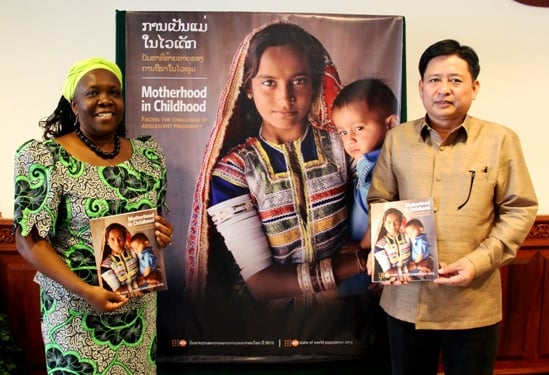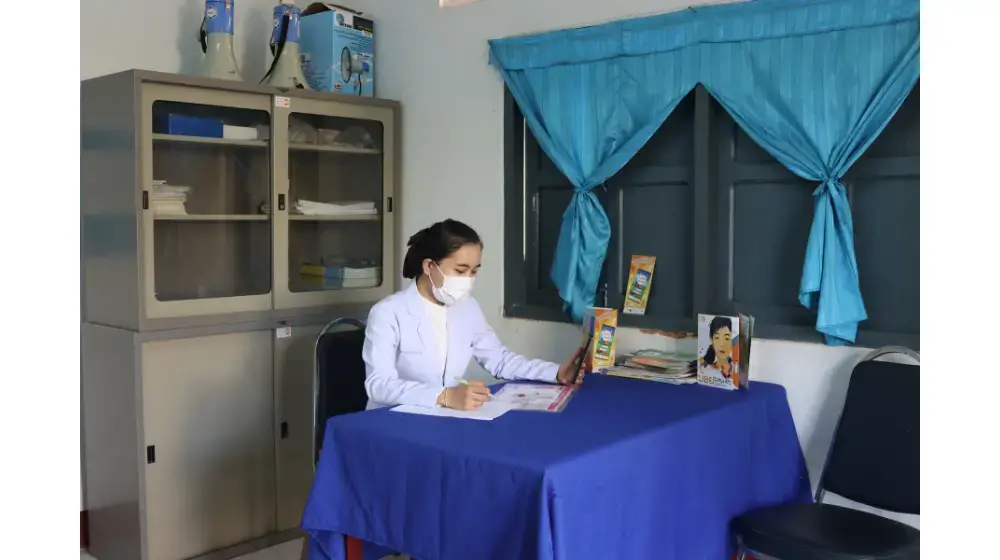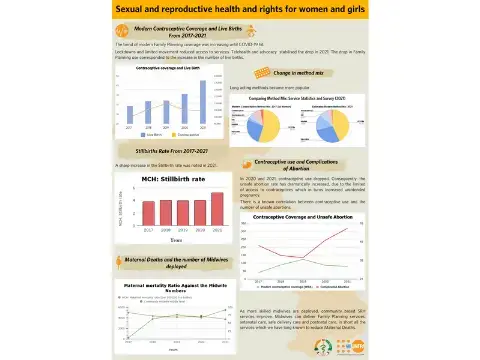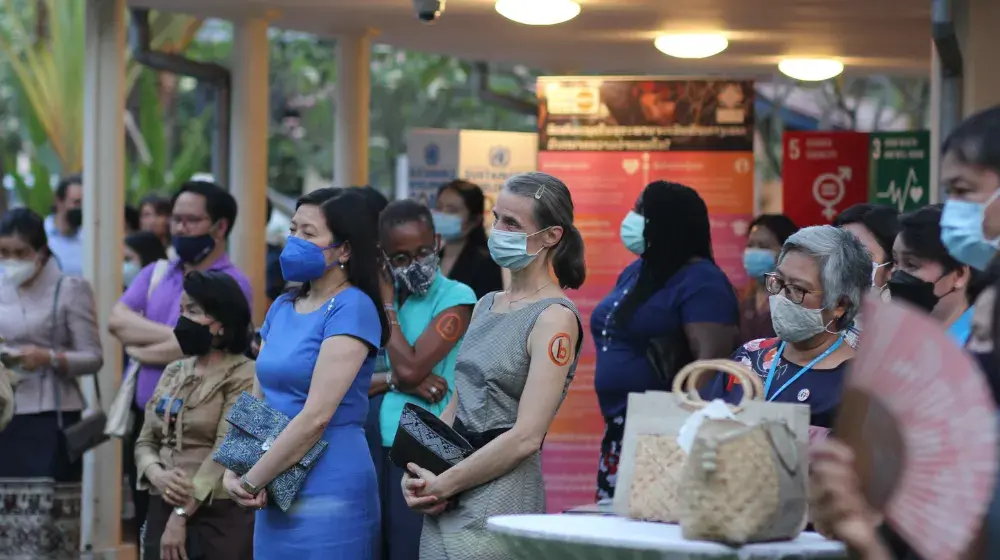Vientiane - Motherhood in childhood is a huge global problem, especially in developing countries, where every year 7.3 million girls under 18 give birth, according to The State of World Population 2013, released by UNFPA, the United Nations Population Fund.
Executive summary of the report in Lao Language.

The report, entitled, Motherhood in Childhood: Facing the Challenge of Adolescent Pregnancy, offers a new perspective on adolescent pregnancy, looking not only at the girls' behaviour as a cause of early pregnancy, but also at the actions of their families, communities and governments.
The issue is also affecting Laos. According to the Social Indicator Survey (2011-2012), for every 1000 adolescent girls (age 15-19), there are at least 94 births annually.
It is well known, that complications from pregnancy and childbirth are a leading cause of death among girls aged 15-19 years. They contribute to the persistently high MMR. Babies of teenage mothers are 50% more likely to die, tend to have low birth weight and are predisposed to a variety of illnesses than babies from women aged 20-29. No teenage girl is physically, physiologically, emotionally, nor financially ready to carry pregnancy and go through the birthing process as well as care for a child.
According to the report, early pregnancy takes a toll on a girl's health, education and rights. It also prevents her from realizing her potential and adversely impacts the baby. It is not just mothers and babies that suffer consequences. Children having children also severely impacts communities and nations' economies.
"Very often, teenage pregnancy forces girls to leave school and a girl without an education is a girl who lacks the skills to find a job and build a future for herself and her family and to contribute to her nation's development" says Dr. Esther Muia, UNFPA Representative.
The report shows that girls who remain in school longer are less likely to become pregnant. Education prepares girls for future jobs and livelihoods, raises their self-esteem and status, and gives them more say in decisions affecting their lives. Education also reduces the likelihood of child marriage and delays childbearing.
Executive summary of the report in Lao Language.
"By empowering girls, protecting their rights and helping them prevent pregnancy, we can make it possible for girls to realize their potential, to become equal partners in development" says Mr. Somchit Inthamith, Deputy Minister of Planning and Investment. Mr. Inthamith also urged the education and health sectors as well as mass organizations especially in rural and mountainous areas to support girls to stay in school and complete at least secondary education. The Vice Minister called for the integration of Adolescent and Sexual Reproductive Health education into the school curricula or through outreach activities in schools, starting from 5th grade, particularly in rural areas where young people usually drop out before completing secondary school.
UNFPA is promoting a holistic approach to tackling the challenge of adolescent pregnancy, which does not dwell on changing the behaviour of the girl, but rather on changing the attitudes and actions of the society she lives in. This includes: keeping girls in schools, supporting the development of age-appropriate sexuality education for young people, helping to train young people to educate their out-of-school peers about reproductive health, in various settings including factories, parks and communities and supporting the provision of reproductive health information and services at health facilities and through mobile health workers serving remote communities
Contact information: Mr. Diego De La Rosa, UNFPA tel:021-315547, mobile: 020-59936509 drosa@unfpa.org.




